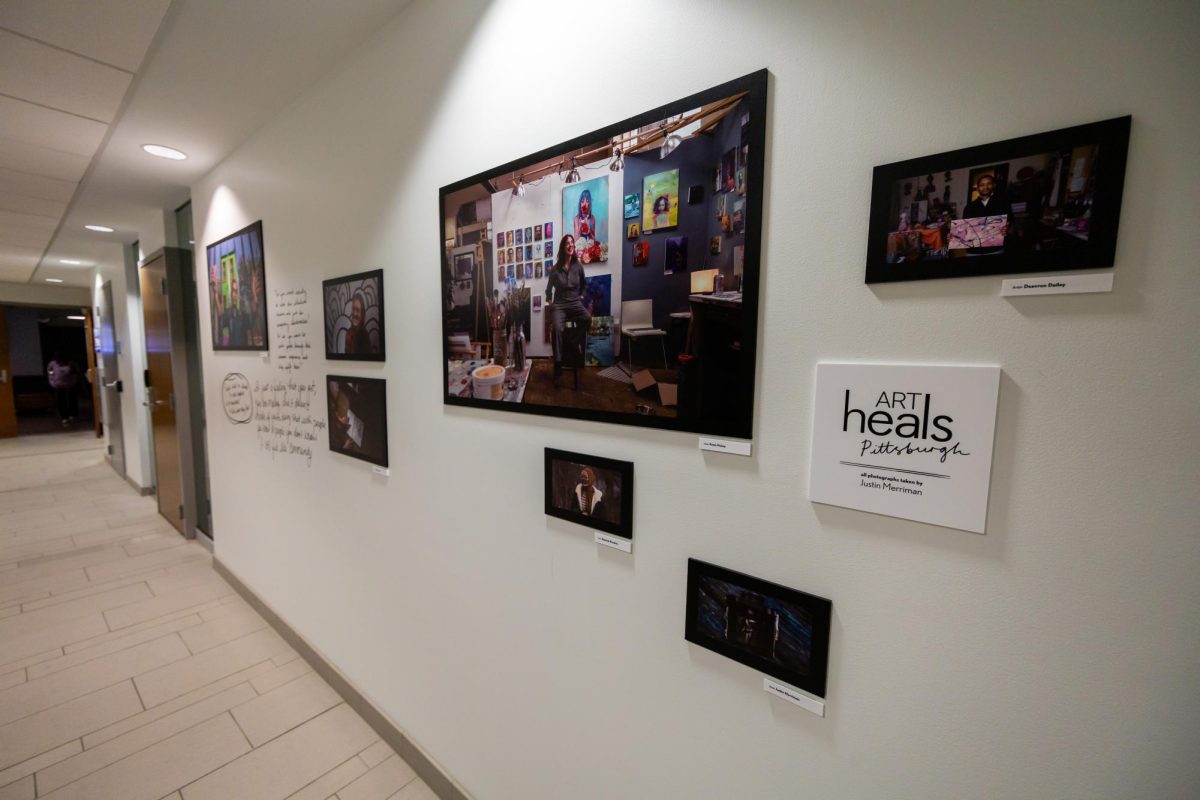Editorial: Activism requires more than sharing videos on Facebook
March 14, 2012
From the Arab Spring to the Occupy movement, social media has revolutionized activism. But what… From the Arab Spring to the Occupy movement, social media has revolutionized activism. But what happens when people think they can achieve peace without leaving their computers?
As most Facebook users now know, the nonprofit organization Invisible Children recently launched a campaign aimed at bringing Joseph Kony, the leader of central Africa’s vicious Lord’s Resistance Army, to justice. In a YouTube video that has attracted more than 78 million hits, the charity’s founder, Jason Russell, asks viewers to publicize Kony’s crimes through a variety of channels — a strategy he hopes will build pressure for the leader’s arrest.
Well-intentioned as the movement appears, many pundits have criticized Russell for, among other things, distorting the threat Kony poses to Ugandans and deluding young people into believing they can quickly and effortlessly resolve a complex crisis. In a New York Times roundtable last week, Ugandan entrepreneur TMS Ruge complained that Russell had minimized “the voice and agency of the actors we are trying to help.” Times columnist Roger Cohen was more sympathetic, arguing that Russell at least deserves credit for spreading awareness, although his video is sometimes misleading.
To a certain extent, we agree with Cohen: Alerting the world to Kony’s crimes is inarguably commendable; although Invisible Children obscures the nuances of the conflict, we’re glad that the international community is taking it seriously.
But what’s dangerous about social media campaigns — and all other forms of activism — is that they foster groupthink. Anyone familiar with the “Livestrong” movement knows that acts of charity can easily become exercises in mindless cultural consumption. Yes, even unthinkingly furthering a good cause is praiseworthy, but it’s important to recognize that nonprofits aren’t perfect and that the world would be exponentially safer if we devoted serious thought to our problems rather than adopting quick-fix solutions.
Ultimately, Russell’s video will spur positive change if and only if Internet users are willing to conduct independent research about Kony’s current activities (many believe he’s living in Sudan). Then they’ll be better equipped to determine the most viable course of action — if indeed a viable course of action exists — and proceed accordingly.
It takes roughly two seconds to post a YouTube video on your Facebook profile, and less than that to “like” someone else’s. But flashy campaigns never resolved humanitarian crises by themselves; peace is most often achieved through military struggle and diplomatic ingenuity. If enough people can translate their initial enthusiasm into a well-thought-out strategy, then Russell might have proven the political value of social media. Otherwise, the “Kony 2012” campaign could become a depressing example of Internet “activism” at its most superficial.







